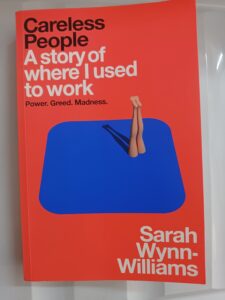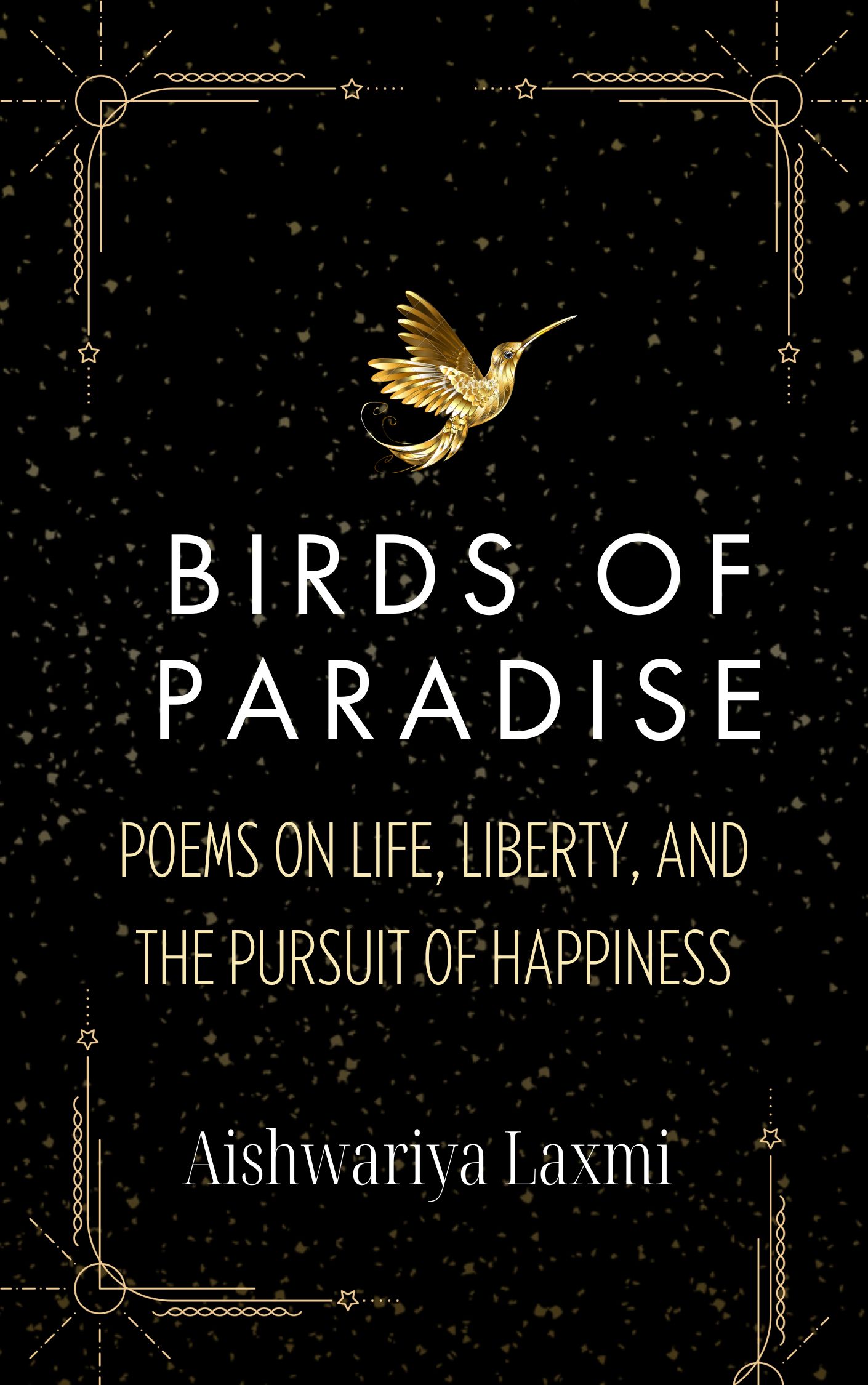First published in 1979, translated by William Weaver, Vintage,1998.
Reviewed by K.S.Loganathan
In the early 1970s, a friend and I traveled from Mysore to Madras by train. At Mysore station, my friend bought a Tamil novel, with the name of a prominent author on the cover, and as the train began its journey, he settled down to read it. About half an hour later, he appeared confused, turning over the pages of the book this way and that. He soon discovered that the book was a pastiche of pristine but surplus quires from different novels, that had been neatly disseminated into a book with a marketable title, instead of being pulped. On our return, my friend made a beeline to the bookshop and demanded a replacement copy of the book. The bookseller admitted that the copy was defective, but he did not expect a buyer-traveler to return and claim a replacement: all the Tamil novels in the shop were of similar quality, but as we were locals, he would replace it with an English book on spiritualism by a famous guru, of equivalent price.
I recalled this as I read Calvino’s book, which is similarly composed of the beginnings of ten stories, each broken off abruptly. The stories range from adventure and mystery to erotica and anarchy. The protagonist is a reader who cannot go beyond the beginning. He is an iterant reader who exchanges the defective volume with another similar one; the author spins another parallel yarn involving a counterfeiting book editor, a translator, a diarist, and a ghostwriter, besides another young lady reader on a similar quest. The reader and the other pursue the storylines that intrigue them and try to read each other. Had my friend exchanged the defective copy with another one, it could have been, as in this case, a postmodern version of 1001 Arabian Nights and a cornucopia of unfinished stories to last a reading lifetime.

Calvino(1923-1985) was an Italian writer. In this novel, he creates a three-or four- dimensional text instead of a linear one-dimensional story with a beginning, a middle, and an end. He creates a space full of stories, where you can move in all directions, as in space, and encounter always the same density of material to be told. Instead of a tree, it is a forest that extends in all directions and is so thick that it does not allow light to pass. Calvino discards the reader’s notion that what is written is something finished and definitive. The reader only catches the last rays, echoes, and vibrations that arrive, as in a Markov Chain, like the throw of a dice in a game of snakes and ladders. In Calvino’s view, each life is an encyclopedia, an inventory of objects, a series of styles, and everything can be shuffled and ordered in every way conceivable.
Along the way, Calvino talks about computer programs that can complete an author’s unfinished novel with perfect fidelity to his style and concept; counterfeiting; encephalogram measurements to analyze a reader’s reaction to a text for the prediction of marketability followed by assembly-line machine production of books that can cater to the tastes of the public; stylometry, or literary text analysis, for the purposes of book reviews and censorship; and collective authorship of intellectual property, as if intellectual labor is too dismaying to be faced alone. Long before the Internet, deep fakes, Large Language Models, Machine Learning, and deconstruction of machine texts came into the public domain, here is a clairvoyant writer who could see them coming. It is a novel ahead of its time and may have only now come into its own.
If words are monomers, Calvino can polymerize them into three-dimensional prepregs ready for shaping and molding. If you are a wordsmith comfortable with crosswords and thesauruses, you may enjoy the experience, but you will have to do all the heavy lifting and processing. As the chapter title fragments arranged in sequence ends,” What story down there awaits its end?”











